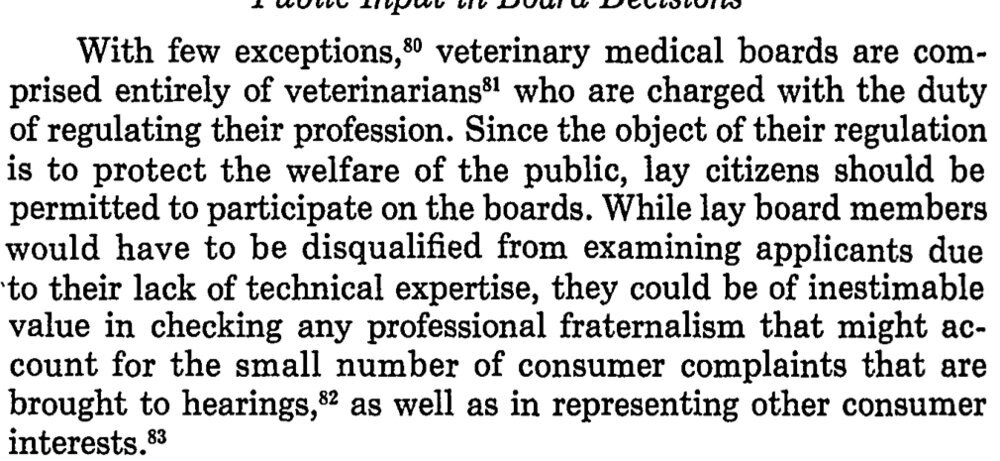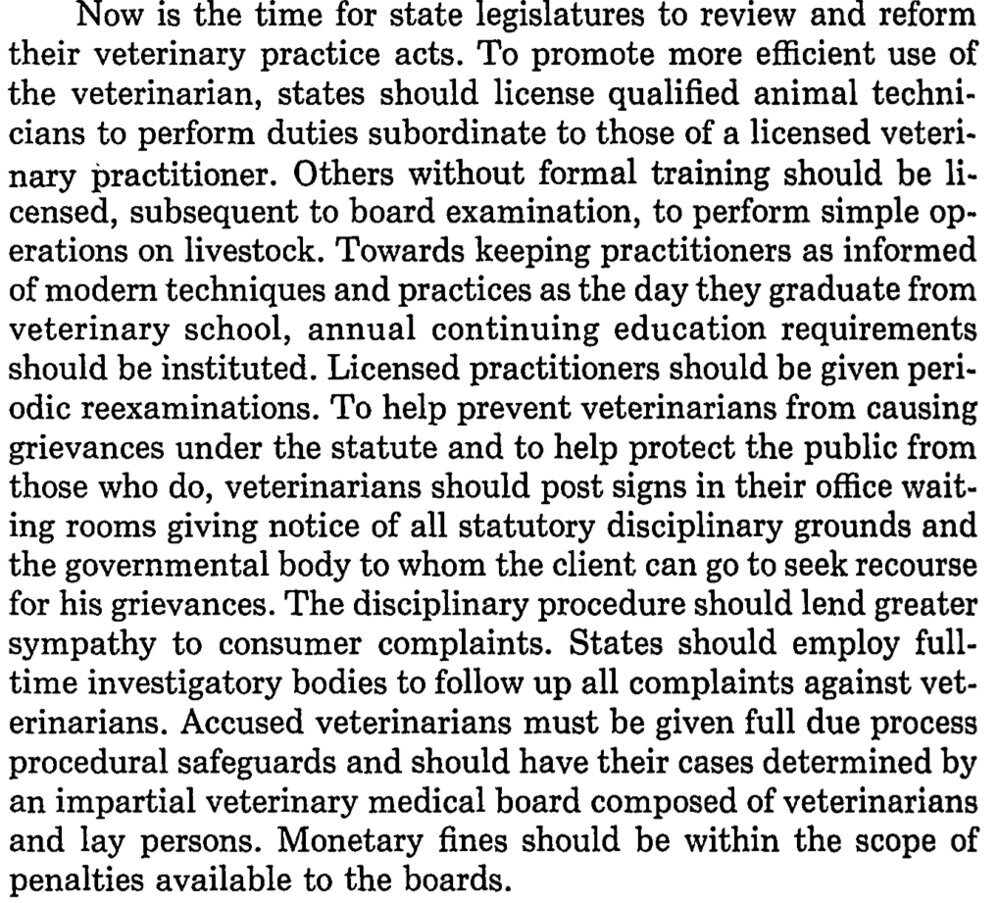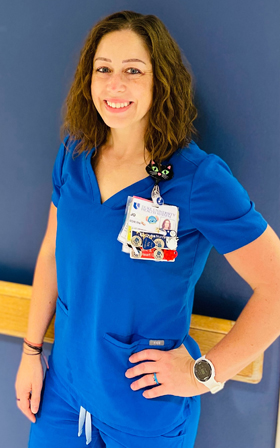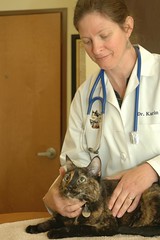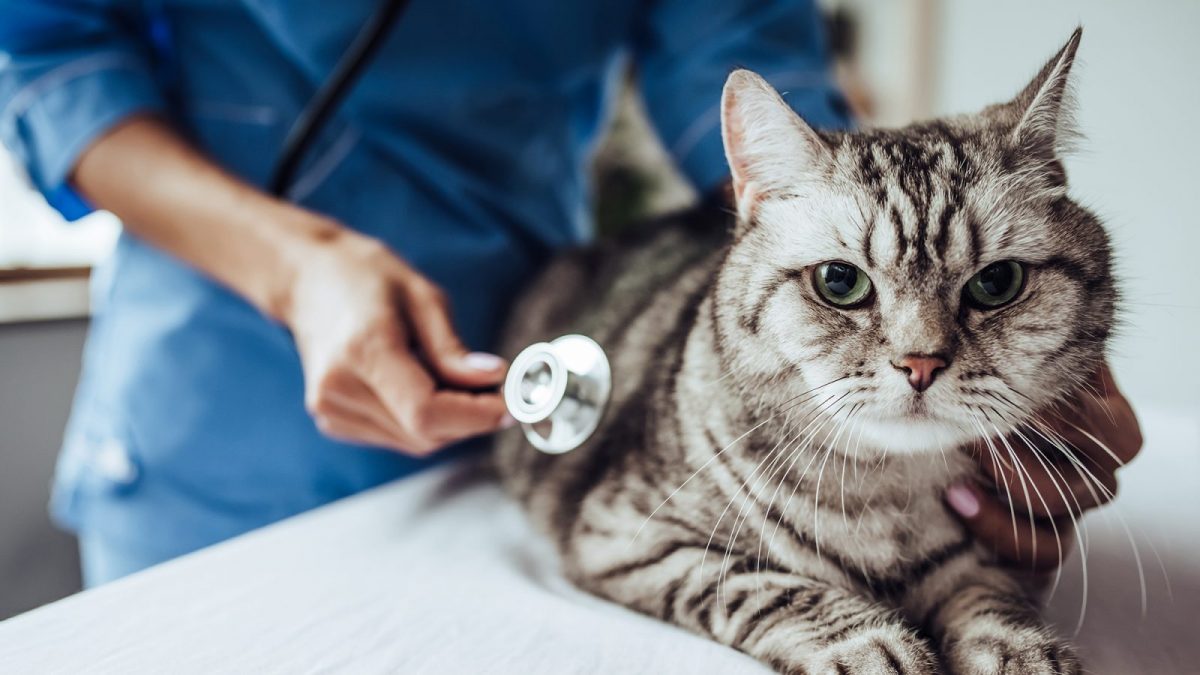At the checkout counter at the vet's office today, I handed my husband $170 in cash before the total was announced (for a routine wellness visit, including two vaccines and a nail trim). He said "I'm sure it won't be this much." Total was $164 
(The vaccine boosters are for three years. But if a vet tech makes $20 an hour, they have to work all day for such quick, basic wellness services.)
(The vaccine boosters are for three years. But if a vet tech makes $20 an hour, they have to work all day for such quick, basic wellness services.)
Last edited:



